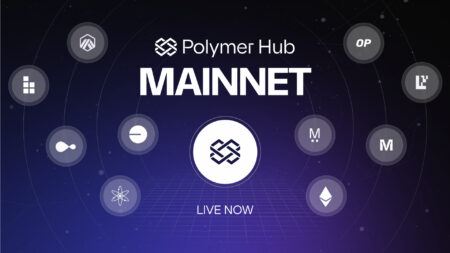Ethereum (ETH) founder Vitalik Buterin has recently revealed during a talk his concept of “ZK ZK Rollups,” a new method of using zero-knowledge proofs to significantly increase transaction and computational power on the Ethereum network.
This method functions by splitting the two distinct tasks of data storage and “state execution engine,” by “moving the computation [of validating transactions] off-chain.”
 (source: Youtube.com)
(source: Youtube.com)
Vitalik’s ZK ZK Rollup concept represents the next iteration of potential zk-SNARKs usage on Ethereum, which the founder has been talking about for months. ZK ZK Rollup builds on the previous “ZK Rollup” concept (just one “ZK”), and Vitalik commented during the talk that his method “[would be] like, basically a simple version of Zcash” operating within a future version of Ethereum.
Here what we’re doing is, we’re not requiring the chain to verify a SNARK for every transaction. We’re not even putting the SNARK on-chain. Instead we’re putting one single SNARK – where one single SNARK verifies that for every transaction that gets included, there is a SNARK attached.
zk-SNARKs were originally developed for the Zcash privacy coin, and are a way cryptographically prove the posession of some data or information, without revealing or showing the data itself.
Let’s Talk Numbers
Within Ethereum’s current archetecture, Vitalik stated that Rollups could increase transactions-per-second by a factor of the 30.
While this is already an impressive figure, the real magic could come when Rollup methods are applied to Ethereum 2.0 architecture – whenever it arrives.
When applied to a future, sharding-capable version of Ethereum, Vitalik stated that “about 27,000 privacy transactions a second” would be possible using ZK ZK Rollups; and he added that “if we don’t care about privacy, we can increase that by probably another factor of ten.”
CryptoGlobe reported today on the Ethereum community’s decision to move proof-of-work mining on the network to the ProgPoW, or Progressive Proof-of-Work hashing algorithm, in an attempt to keep Application-Specific Integrated-Circuit (ASIC) mining off the network. The use of ProgPoW has been a contentious issue in the community for months, with critics charging that it tries to solve “non-existent problems.”









